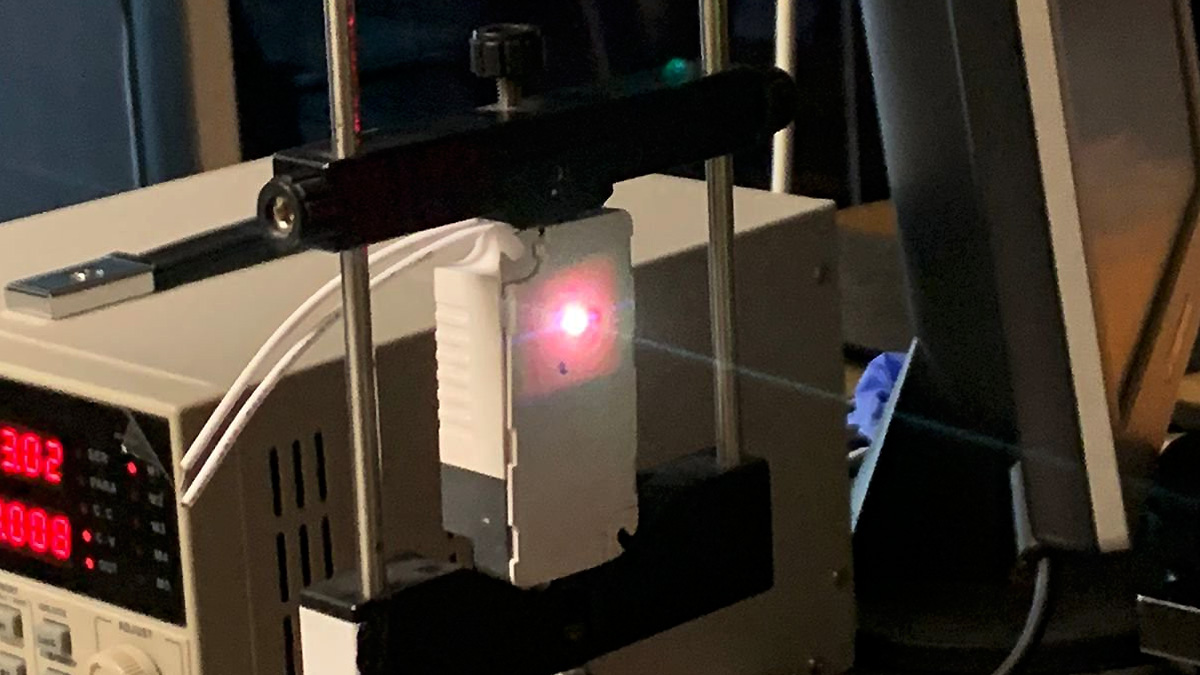
Detail shot with american flag on soldier uniform, giving the honor salute during military ceremony Foreign scammers are using artificial intelligence to craft highly convincing fake military profiles, targeting some of the most vulnerable members of society—U.S. widows.
These so-called "Artificial Patriots" prey on the emotions and trust of their victims, often leading to devastating financial and emotional consequences. The use of AI-generated images and fabricated military stories has made these scams harder to detect, leaving victims like Sarah, a 65 year old widow who lost her life savings, devastated by betrayal. The ‘Artificial Patriot’ Romance Scam This type of scam falls under the broader category of romance scams , but with a targeted twist: the perpetrators pose as U.
S. military personnel. By using AI-generated images that depict soldiers in uniform, complete with medals and insignias, scammers create an aura of authenticity that is difficult for victims to question.
These fraudsters typically use social media platforms or dating websites to initiate contact, presenting themselves as lonely soldiers stationed overseas. According to Atlanta News First, foreign criminals have been increasingly using these tactics to deceive U.S.
citizens, particularly widows who may be more emotionally vulnerable after losing a spouse. The scammers often fabricate elaborate backstories about their military service and personal hardships, designed to elicit sympathy and trust from their targets. Atlanta News First had conversations with several survivors of military romance scams revealed the depth of emotional and financial exploitation they endured—some even while they were still sending money to people they had never met in person.
Many of these victims were widows who had displayed their status on social media profiles, inadvertently making them more susceptible to such deceit . Each survivor recounted remarkably similar experiences: imposters posing as military officers filled a void in their lives with affectionate messages, poetry, love songs, and photos purportedly taken during deployments. These scammers skillfully crafted personas that appealed to the victims' emotions and sense of companionship.
Who Went Home On ‘Dancing With The Stars?’ Semi-Finals Recap And Scores Trump’s Cabinet And Key Jobs: Linda McMahon Expected For Secretary Of Education, Dr. Oz Picked For Top Medicare Role Judge Orders Prosecutors To Destroy Copies Of Diddy’s Jail Cell Notes: Here Is The Latest Sean Combs News Experts note that many of these scammers operate from countries like Ghana and Nigeria, where they are sometimes referred to as "Yahoo Boys." According to these experts, there are places where teens and young adults are taught how to convincingly portray U.
S. military officers online. They are often provided with collections of photographs of real generals and service members, downloaded from official government websites and genuine social media posts, to bolster the authenticity of their fake profiles.
How The ‘Artificial Patriot’ Scam Works The scam usually begins with a friendly message from someone claiming to be a deployed soldier. They might say something along the lines of, "I’ve been looking at your profile for a while now and it always brightens my day." This type of flattery is often enough to spark an initial conversation.
Over time, the scammer builds an emotional connection with their victim by sharing personal stories—many or all of which are completely fabricated. Once trust is established, the scammer will introduce a crisis that requires financial assistance. They might claim they need money for medical bills, travel expenses to return home, or even to send valuable items back to the U.
S., all while insisting that military protocols prevent them from accessing their own funds. Victims are then asked to send money via wire transfers or gift cards, methods that are nearly impossible to trace.
General Matthew W. McFarlane’s identity has been one of many used in these scams. In one instance, a fake profile attributed to McFarlane sent messages like, “No matter how bad my day was, your profile always brought me endless joy,” which ensnared victims into believing they were communicating with a real military hero.
Once emotionally invested, victims like Sarah find it hard to say no when asked for financial help. How to Identify the Scam While these scams can be highly convincing, there are several warning signs that can help individuals spot them before falling victim: How to Avoid Becoming a Victim: Romance Scams Preventing yourself from falling victim to these scams requires vigilance and skepticism when interacting with strangers online—especially those who claim to be in high-trust professions like the military..














